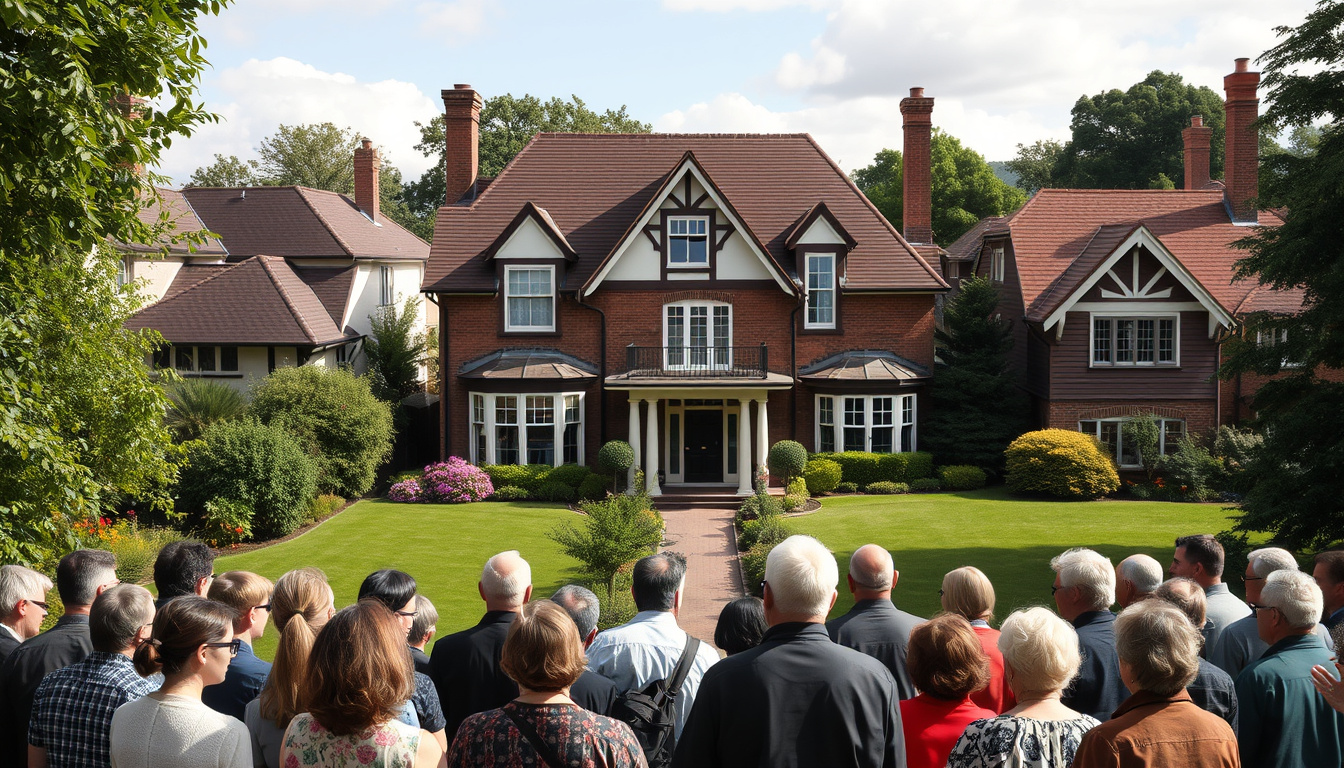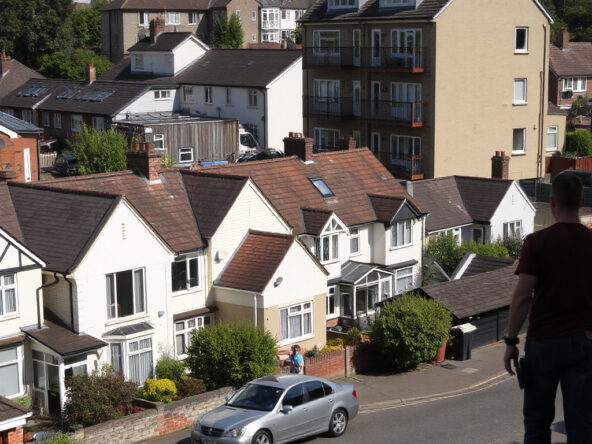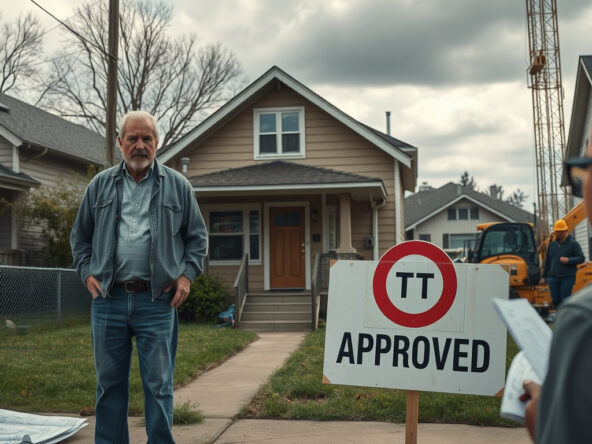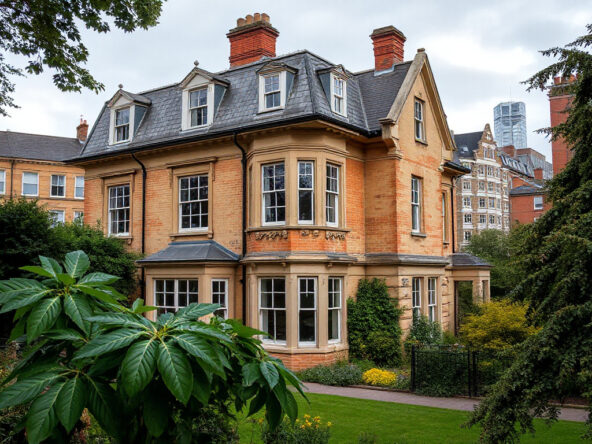Local Concerns Raised Over Proposed HMO Conversion in Birmingham Suburb
The application claims to convert a five‐bedroom semi‐detached house. Its aim binds the house to a nine‐bedroom HMO design. The structure fixes nine en-suite rooms with a network of shared areas on Lichfield Road, connecting each detail in a tight dependency.
Community Reaction
Residents express marked worry. They tie the transformation of a family home directly to concerns about noise, insufficient parking, and the arrival of numerous transient occupants. Social media posts register these fears; past experiences, shared by locals, strongly link HMOs with parking struggles and unpredictable occupant behavior.
Planning Justification
The submitters assert that the conversion uses space that once lay idle, thus meeting demands for more rental homes. Their statement pairs the proposal with local space patterns and notes a gap: no similar unit exists within a 100-metre span. A commitment appears in the plan—a system that promptly handles complaints and a strict policy against disruptive conduct bind the proposal to order.
Local Governance Viewpoint
Councillors oppose this change. They bind the idea of conversion with a view that such a model cannot hold in a residential area. Although housing needs persist, council members attach concerns that the HMO design sows discord in established family setups and weakens local calm.
Conclusion
This proposal links the debate over modern dwelling models with long-standing residential traditions. The application stands as a node in a network of ideas about building futures in settled areas. The ultimate decision, governed by input from community and local officials, remains under close watch. Comments on the application arrive via the local council’s planning portal.



